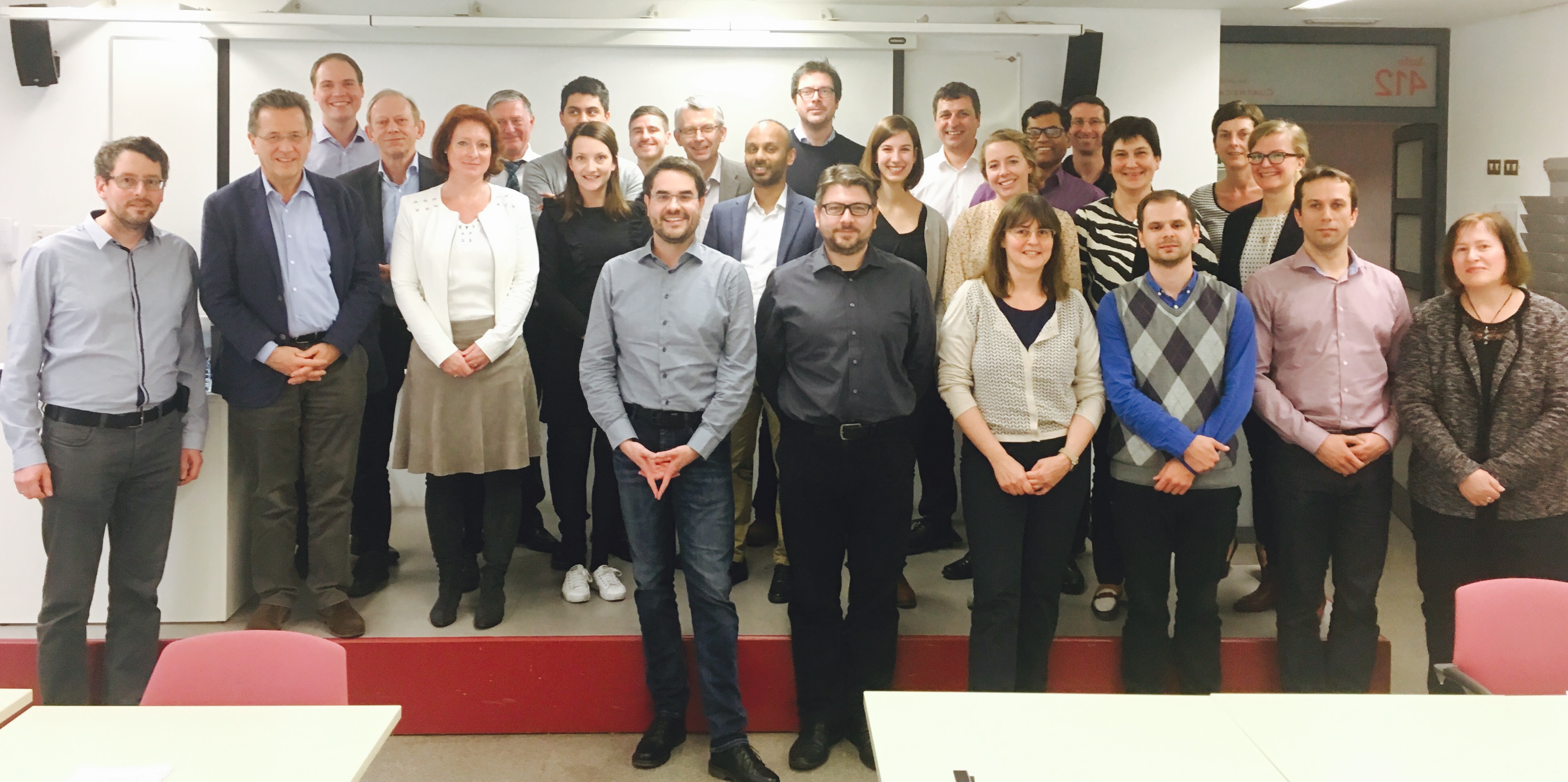
02 May Blog: Lessons from the Barcelona meeting
Blog: Lessons from the Barcelona meeting – 4th SELFIE Steering Committee (4SSC) – 23/24 March 2017
By: Josep Roca from IDIBAPS – Hospital Clinic de Barcelona
The Barcelona meeting was held in a crucial moment of the project lifespan. SELFIE has been running for eighteen months and the consortium has achieved a remarkable degree of maturity in terms of team work. During the first period of the project, the partners were highly productive in the following four main areas:
1. Consolidation of the conceptual aspects of the integrated care framework (WP1) and completion of the thick descriptions (WP2) for the 17 selected programs addressing coordinated care of persons with multi-morbidity that shall be evaluated in WP5.
2. Analysis of payment schemes and financial incentives in the 17 integrated care programs. Modeling of the interactions between payment schemes and multi-morbidity on health outcomes (WP3).
3. Application of the multiple criteria decision analysis (MCDA) approach in SELFIE. Methodological choices and design of the weight elicitation study (WP4); and,
4. Design of the 17 empirical studies grouped in four categories: (i) Population health management; (ii) Palliative care and oncology; (iii) Frail elderly; and, (iv) Individuals with multiple problems (WP5).
With the background activity described above, the agenda of the fourth SELFIE Steering Committee (where each partner-country is present) meeting was organised in two main blocks of one-day duration each.
The first journey was fully devoted to carefully plan the execution of the two main activities planned for WP5 during the second period of the project. That is, deployment of the empirical studies aiming to assess cost-effectiveness of the 17 integrated care programs and completion of the weight elicitation study needed for the MCDA analysis. A highly relevant activity of the first day was the lively debate on the design of the 17 empirical studies. Moreover, we had productive discussions on potential barriers and practicalities of the execution of the empirical studies in the different sites.
The agenda of the second day of the meeting was focused on the interactions with the members of the Stakeholder Advisory Board. Main activities of the day were critical analyses and debate of the achievements in the four areas alluded to above. The interactions between the consortium and the Advisory Board members were very positive. Overall, the Advisory Board endorsed the achievements, as well as the management, of the project and generated interesting suggestions that will be incorporated into the future plans. It should be highlighted that the suggestions on the overarching analysis of the qualitative studies of the 17 integrated care programmes were very useful and should contribute to enrich the results of the ongoing publication initiatives.
In summary, we believe that the fourth meeting should be graded as highly productive. The venue was convenient. But, unfortunately, the partners visiting the city were not able to enjoy much early Spring in Barcelona due to the tight agenda and bad weather, except for those that spend the weekend in the area. No doubt that after the event, the entire consortium is ready to successfully face the challenges of the second period of the project.



No Comments